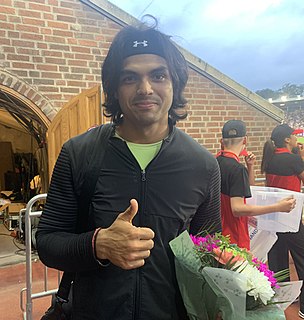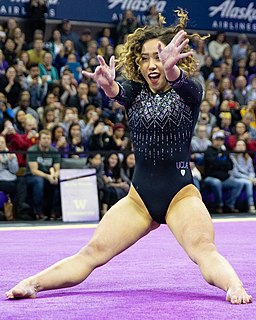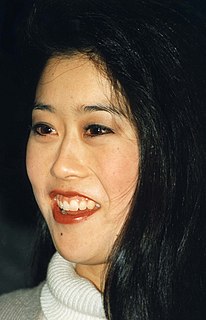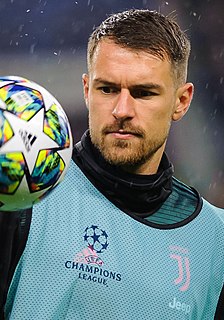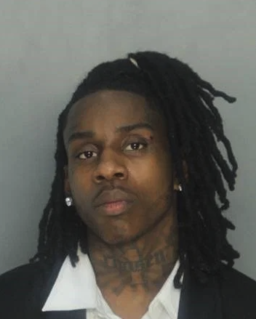A Quote by Paula Radcliffe
For an athlete, the biggest pressure comes from within. You know what you want to do and what you're capable of.
Related Quotes
There is nothing everyone is so afraid of as being told how vastly much he is capable of. You are capable of - do you want to know? - you are capable of living in poverty; you are capable of standing almost any kind of maltreatment, abuse, etc. But you do not wish to know about it, isn't that so? You would be furious with him who told you so, and only call that person your friend who bolsters you in saying: 'No, this I cannot bear, this is beyond my strength, etc.
With Serbia, there will always be pressure. We are the kind of players and people who do not know how to live without pressure. Even if we play against Brazil or some of the other bigger countries, we think we are better than them. That is the way we are. People expect us to beat the big teams, and we have plenty of pressure from within.
There is no evolutionary pressure to create minds capable of forming sciences; it just happened. Evolutionary pressure has not led to higher rates of reproduction for people capable of solving scientific problems or creating new scientific ideas. So if, in fact, the science-forming capacities evolved for other reasons, it would not be too surprising if those particular structures that have developed proved to be rather special in their nature, reflecting the contingencies of their evolution or the working of physical law.
You got to do well at your craft ultimately, especially if you know that people are observing you and watching you and you don't want to get out there and produce subpar work. Because that's how people look at it. They don't just look at you as an athlete, they look at it as o you're an athlete and you're a Christian, what's happening now?


